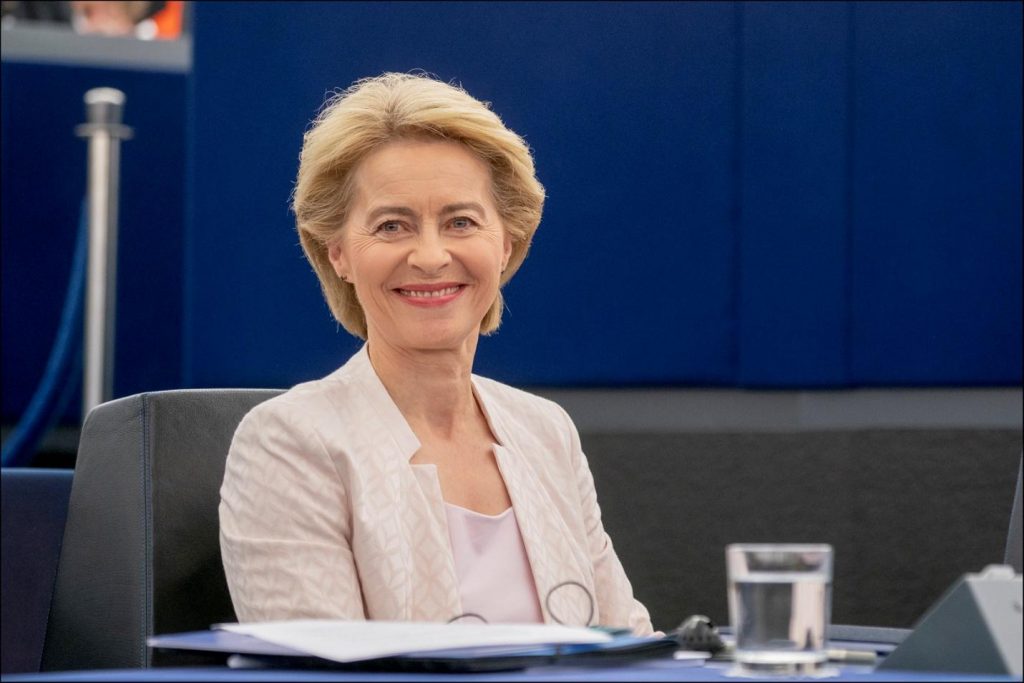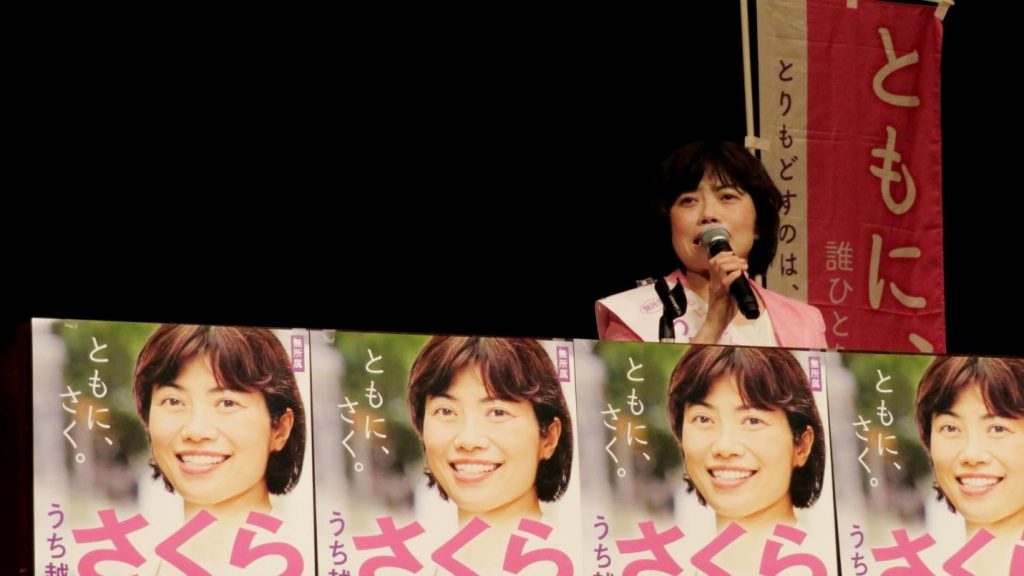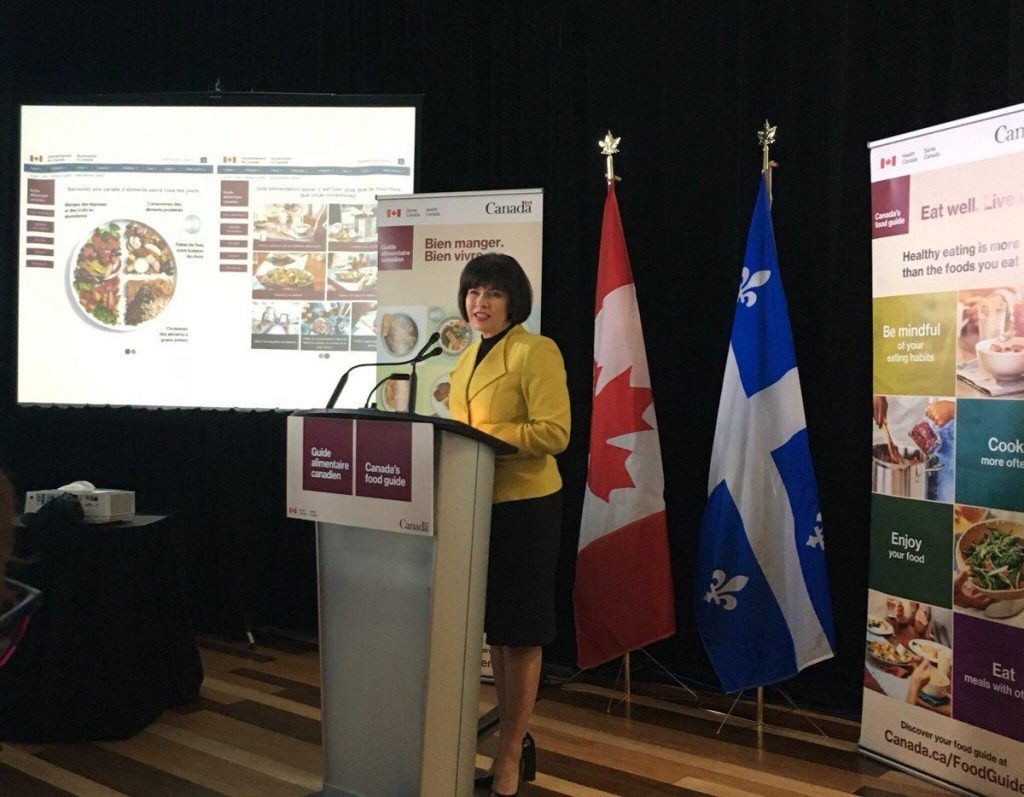Alice Eduardo is a firm believer of being a blessing to others. She once said, “if I can save a soul and make people happy, I feel super happy.” Alice Eduardo is not all glitz and glamour although she epitomizes these at every turn, however she also devotes her time to her advocacies. Alice Eduardo feels that her success is God-given, so she shares its fruits to the people who need help the most. An extraordinary person with an exceptional opportunity, she said, “Every day, I count my blessings, and I try to make my blessings count.” Alice Eduardo has several passion projects, one of the most important of which is the 320 sqm. pediatric ward at the Philippine General Hospital. This has been a passion project because her father, Andres, suffered from cancer as well. Called the Department of Pediatrics-Hematology-Oncology Isolation Ward, it caters to the young cancer patients.…
On the Marble
“A lot of people are afraid to say what they want. That’s why they don’t get what they want.” Madonna.
South Africa: Married Women Seek Consent to Keep Their Birth Names
In 2019 in South Africa, adult women need their husbands’ permission to keep their birth names. In some instances, they even need evidence of their father’s consent. This is according to home affairs officials. It is a common lament among married women that the Department of Home Affairs changes their name to that of their husband – unasked. It is usually working women who have professional personas, but often it is women who simply want to keep their birth name. For government, though, the reason should be irrelevant. By ticking the box on the marriage form that a woman wants to retain their birth name, she is giving the Department of Home Affairs a legal instruction. However, many home affairs officials around the country do not believe that women have the right to make this decision – or if women do decide to keep their name, they do not know…
European Commission Elects First Female President
Her nomination was approved by 383 votes in a secret ballot on Tuesday evening at the European Parliament in Strasbourg, France. There were 327 votes against her and 22 abstentions. After being elected by a narrow margin of just nine votes over the required 374, von der Leyen called for a “united and strong Europe.” The 60-year-old outgoing German defense minister and multilingual mother of seven will succeed Jean-Claude Juncker, who has served as president since 2014 and will step down on October 31. She will be tasked with leading the EU’s executive body and providing political guidance to the Commission, which proposes new laws, manages the EU budget and is responsible for enforcing EU law. Prior to the vote, von der Leyen made a series of promises to attract the support of parliament members from across the political spectrum. Speaking in parliament on Tuesday, she said that she wanted…
Japan: Twenty-Eight Women Elected into the Upper House of Parliament
Japanese Prime Minister Shinzo Abe’s aim of bridging the gender-equality gap is beginning to take shape in Parliament, although it is largely thanks to women from opposition parties. Twenty-eight women were elected to the upper house of Parliament recently, tying the record set in the previous upper-house election three years ago. That represented 23% of the 124 seats at stake. Sixteen of the 28 new women came from outside Mr. Abe’s ruling coalition, which retained its majority in the election, putting Mr. Abe on track to become the nation’s longest-serving leader. In elections that focused on diversity to an extent that is rare for Japan, opposition parties hoped that fielding a large number of female candidates would loosen Mr. Abe’s grip on power. A record 28% of candidates were women, in the first national election held since a gender-parity law was implemented last year saying that political parties must aim…
An overview of Maternal Employment
Extent and Effects of Maternal Employment During the past few decades the proportion of women in labor force has increased dramatically in all industrialized societies. In the United States, the married mothers’ employment rate increased from 39.7 percent in 1970 to 70.1 percent in 1999 (U.S. Bureau of Labor Statistics, 2000). Among mothers of children aged six to seventeen, 49.2 percent and 77.1 percent were employed in 1970 and 1999, respectively. Among mothers with children under the age of six, their employment rate doubled from 1970 (30.3%) to 1999 (61.8%). The increasing trend of maternal employment is seen in other industrialized countries such as Japan and Canada. The above figures indicate that the majority of mothers in the United States experience dual roles of being a parent and a paid worker. A number of studies also show that women still bear more responsibility for childcare than their male counterparts (e.g.,…
Women in Government Equals Population Health
When the Prime Minister of Canada, Justin Trudeau came into office in 2015, he formed the first gender-balanced cabinet in Canadian history. In announcing his cabinet, he ensured that half of his closest advisers (15 out of a total of 30) were women. Canada’s gender-equal cabinet vaulted the country from 20th to fifth place in the world in terms of percentage of women in ministerial positions. When reporters asked Trudeau about why gender parity was important to him, he retorted: “Because it’s 2015.” His simple yet momentous response resonated with those committed to equity, diversity and inclusion. Following his response, public health researchers, began to think that if increasing the number of women in positions of power promotes gender equity, could it also promote population health and well-being? Based on their findings, they have reported that Population Health, support the argument that yes, women in government do in fact advance…






